Q&A: Teacher Eva Hachikian on How Students Engage With Math and Finance
In our Q&A interview series, we have the opportunity to hear from high school math teachers across the U.S. whose students are experiencing success with the FiCycle curriculum. You’ll hear real success stories and classroom-level insights on the ways in which integrated mathematics and personal finance opens students’ minds to new ways of thinking, and enhances their engagement and achievement.
For the second interview in this series, we spoke with Eva Hachikian, a Mathematics Teacher at the NYC Museum School in Downtown Manhattan. Eva teaches FiCycle with 12th graders as well as AP Calculus.
The interview is edited and condensed for clarity, after being recorded as part of the FiCycle Podcast.
Question: What motivates you as a teacher? What is your passion as a professional?
Eva: Oh, the kids! I don’t know who wouldn’t answer that way. I always tell them that, without them, I’m just the lady talking about numbers. The young people are so inspiring. They’re so creative, critical, sassy, and I’m so lucky to teach 12th graders for the past few years. They’re adults in many ways, but also still kids, and we are in a safe space to have meaningful conversations. Especially with FiCycle we have some conversations on the ‘what ifs’ of finance, and their engagement makes me want to engage with them more. The fact that we can do it with my second passion of math is the best thing in the world.
Q: You teach a diverse array of students in different courses, even within the various sections of the FiCycle course. So, tell us a bit about your students. What changes have you observed in them since you began using the FiCycle course?
Eva: I have students with three years of high school math before they’ve come to me, but in different forms. For some, it was Algebra I, twice, and then Geometry. For others, it was Geometry, Algebra II, Pre-Calculus, AP Calculus, and they’re taking FiCycle as a math elective. Other students aren’t taking the elective but have Regents exams in New York State or an alternative assessment. There are all kinds of learners, none of them are more or less successful than the others.
I don’t see the kind of leveling out that you sometimes get in a traditional math course where there are students who aren’t used to being good at math or aren’t making the grade of the lesson. Financial math and money are interesting to everyone. Every student knows enough about it to enter the course, but none of them know everything. None of them know the whole story, but they’ve heard of a credit card. They know about an accountant. They’ve heard of the stock market, and they’re really interested in it.
Students know that net worth and wealth accumulation are important, but they don’t know how to do it. Everyone is interested, and I find that any skill prerequisite or skill gap is easy to handle once that happens because the students care about getting the answer.
Q: Is there any particular student who has been especially successful with the course? Or who has really responded in a positive way?
Eva: I can talk about each of them forever. I have a few students who have an individualized education program (IEP). Their IEP makes it sound like they will need a ton of support. Zoom and blended learning were new ideas. I was worried about supporting a student who has occupational needs and working with their hands on a computer spreadsheet. I questioned, ‘How will I help a student who never made it to Algebra II and hasn’t seen Base e and continuous compound interest, or something like I might expect from a different group of kids?’ It turned out to be no problem, because doing the math through the FiCycle materials, there’s a workbook, digital materials, customizable projects, Google Docs, spreadsheets … it’s new, interesting, and engaging. Students will give it a try.
I think of James a lot because he missed his yearly goals in the past, and he is currently repeating 11th grade but sitting in this 12th grade FiCycle class. Nobody knows, nobody cares, and he’s doing great with the spreadsheets. It’s helping him master digital learning better because it’s now an assignment. It’s removing what might be problematic in terms of data entry in a calculator or computational errors.
A lot of the spreadsheet materials from FiCycle are almost better than how I used to teach Algebra in the past. I’ve been trying to get my colleagues to start thinking about, ‘Hey, you know you could teach that concept in a spreadsheet. It’s not just for finance.’ I remember James’s success in the spreadsheet and try to do those often.
There’s another student who has a mild form of Autism Spectrum Disorder. He’s not the stereotypical kid in that diagnosis – he talks in every class. He has something to say because FiCycle brings in the conceptual side of things. We’re not just talking about an exponential growth equation or in and out balance. And we’re not making calculations to reach some budget goals. We’re talking about how that affects us personally. It’s the financial life cycle and what it means for me in the future. Or what does this mean for a family member that I know is going through a similar thing? What it means for my friends or other people in the building and the world.
We sometimes even talk about what implications you can make for New York City, New York State, the United States, or the world. Those kinds of things might have only ever happened in a civics course, government, or social studies situation. To have it happen in math, I think, is a relief for a student like Xavier because he excels at reading and writing. In the past, he didn’t like to speak and hated numbers (he would tell you that). But not this year. He will unmute (on Zoom) without being prompted and share something. I know this is coming from confidence in the materials. I think about him a lot, too, and teachers who start to use this curriculum will understand what I mean.
There’s math procedure, and then there’s this real-world concept where we apply it, and when do I stop teaching math and start teaching the concept or the other way around. You do both.
Q: Many students must find it eye-opening and perhaps even surprising to finally have that “a-ha” moment; understanding the “why” of math and when to use it. What have you found most surprising about teaching math and finance together?
Eva: Yes, two things. First, that my math-only approaches to math instruction (pre-FiCycle) were without context and not as effective as I thought they could be. Of course, there are fans of every flavor out there, but it’s not as successful as I thought in terms of the masses.
Second, I realized I don’t know as much about finance as I thought I did with my background in engineering and math. I’ve just completed my second year teaching FiCycle, and going into it, I was a little sassy, saying to myself, ‘Oh sure, I know about the interest percent tax. I got this.’ Now, after teaching it for two years, there’s so much more I don’t know. I’ve learned so much, but now the seal has been broken, and I’m really interested in some things.
If you talk to some of the curriculum support that FiCycle offers, you realize you could make a whole extra course out of some of these ideas. It’s so interesting, and many adults don’t know this. My family members don’t know some of these things. My friends don’t know some of the ideas that are brought up in the workbook. Then to link it back to instruction is great.
As I said, I’ve taught Algebra I, Algebra II. We’ve done the unit on exponential functions. I haven’t shown them; I taught them. I said to my students, ‘We haven’t looked at it in a spreadsheet where the numbers just continue going. Why?’ Because it was probably a pain to do the calculations. Often I had something else to do before the test happened in June, or something else in the unit was more difficult and required more time. But we have a protected space to look at how this looks in finance. I think the students are getting it in a way they wouldn’t have if I were sticking to that normal rhythm of “teach and move on.”
Q: To close it out, what message would you share with those educators who are considering getting involved with FiCycle? What should they know about using this approach to mathematics and personal finance, if they haven’t tried before?
Eva: I would say go to the FiCycle website and click around and go “window shopping.” Then try to browse and even use some of the materials on your own. I used those workbooks, cover-to-cover, my first year. It was only a year ago but listen to my confidence. My first year teaching FiCycle was more rote because I wasn’t as familiar with the materials, but the kids still loved it. The workbook lets some kids move at different paces. Some kids were moving ahead because they were ready. That doesn’t happen when you’re doing textbook teaching.
I would suggest jumping into the materials, find a sample lesson on the website that you really like, and do it like you’re the student. Feel it. Sometimes that first year is looking at the material initially trying to understand, but then you do the problem, get the feel of the questions, and move to the next section. You can appreciate the overall vision of this course.
After doing the roadway my first year, this year, I’m so excited and motivated (even now in June) to push it. We do the workbook for a little bit, and then we jump out and look for what we just learned outside the teaching. Today we were on a couple of websites, the kind of place where you can search for a good credit card or savings account. We learn about savings and interest rates. We learn about retirement and credit, and then we pretend to have our own.
It’s a great way to end a unit or to push a thinker. Teachers can do it, too. You understand credit cards because you have them, but do the credit card activities. Do the tax activities. Do the discounting and the present and future value. Make yourself a student again. You’ll see what I’m talking about. It’s fun and maybe sometimes too fun; my AP kids will finish and turn in their FiCycle homework before they turn in their Calculus. These are good problems to have.
Listen to the full interview at https://ficycle.org/podcast or get started today by downloading free lessons for your classroom. You can also contact the FiCycle team to learn more about the full curriculum.




